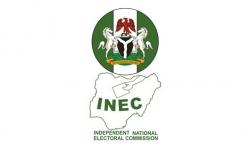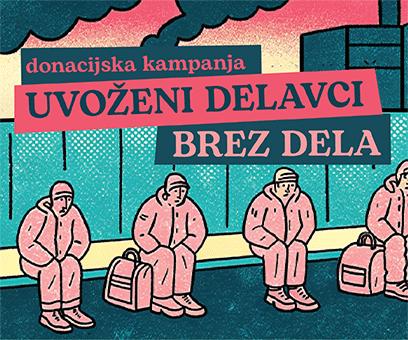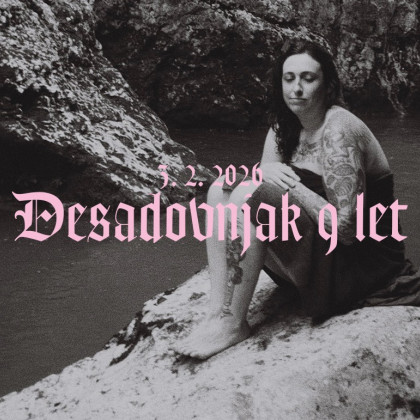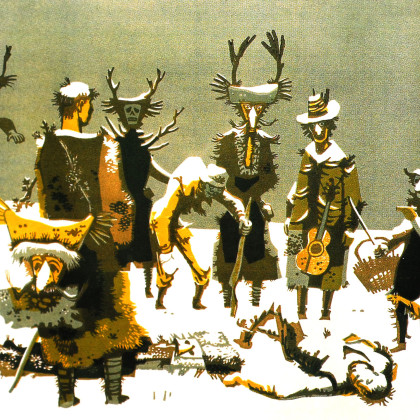Nigeria Electoral Process in Need of Reforms
The origin of the INEC goes back to the period before Independence when the Electoral Commission of
Nigeria was established to conduct the 1959 elections. The Federal Electoral Commission (FEDECO),
established in 1960 conducted the immediate post-independence federal and regional elections of 1964
and in 1965. The electoral body was dissolved after the military coup of 1966. In 1978, the Federal
Electoral Commission was constituted by the regime of General Olusegun Obasanjo, organizing the
elections of 1979 which ushered in the Nigerian Second Republic under the leadership of Alhaji Shehu
Shagari. It also conducted the general elections of 1983.
In December 1995, the military government of General Sani Abacha established the National Electoral
Commission of Nigeria which conducted another set of elections. These elected institutions were not inaugurated
before the sudden death of General Abacha on June 1998 aborted the process. In 1998 General
Abdulsalam Abubakar's Administration dissolved NECON and established the Independent National Electoral
Commission (INEC). INEC organized the transitional elections that ushered in the Nigerian Fourth
Republic on May 29, 1999.
Nigeria's elections are in need of "serious reform" following systemic failing in the presidential and state
elections, Maria Arena, chief of the EU mission for the elections, said at a press briefing in the
capital, Abuja.
Improvements in how the electoral commission, Inec, conducted state vote, compared with the presidential
election were still overshadowed by a lack of security near voting stations improper use of
state media for campaigning and "institutional failings", she said.
The election in Rivers state has been suspended indefinitely by Inec. The commission took the decision
because of the widespread disruption of elections and violence in polling units and collation centers.
In the presidential poll, President Muhammadu Buhari won a second term beating opposition candidate,
Atiku Abubakar.
Mr. Abubakar called the election "a sham" and has gone to court to challenge it. Around 600 people died
in election-related violence from the start of campaigning in November to the end of the presidential
election, according to reports by two Nigerian security research groups. Civil society groups said
turnout in the state elections was low across Nigeria, due in part to a large military presence
intimidating voters, and apathy after the elections were delayed by a week.











Dodaj komentar
Komentiraj